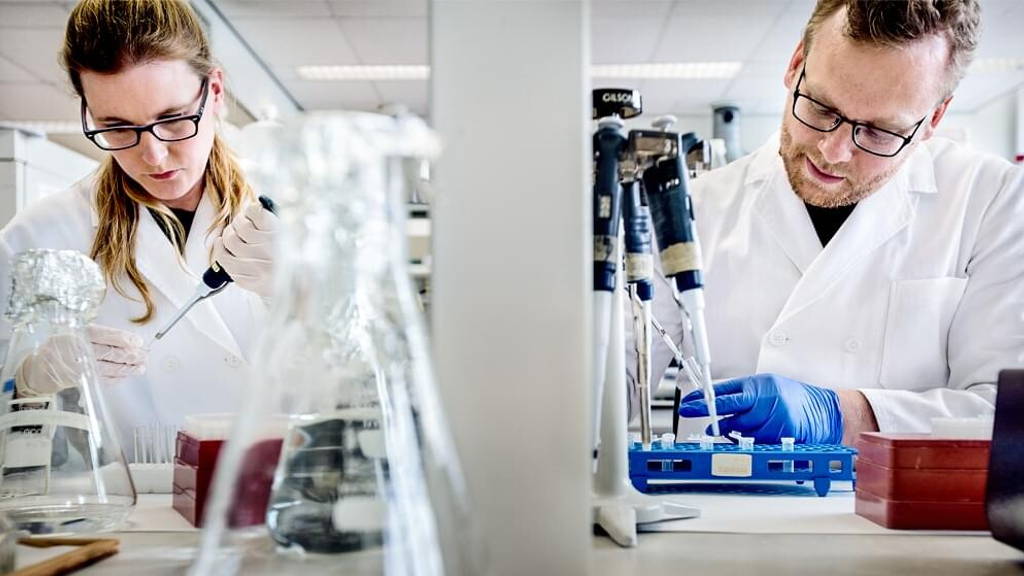The Dutch organisation for Scientific Research selected 15 submissions out of 37 to present their research during a ten-minute pitch. Six of them were then chosen to receive the subsidy. The subsidy supports them in starting scientific studies. The subsidy was previously handed out in 2013.
Another big change is the diversity found in applicants. Four out of six lead applicants are female, a number which the application process has not yet seen.
The selected studies are the following:
Application process
The Dutch organisation for Scientific Research received 37 applications. Out of these, the organisation selected 15 applicants to pitch their study. The pitch was supposed to last exactly ten minutes, without having a clock present in the room. Preparation and practice were key. The pitch was held in front of an international commission, consisting of eighteen independent scientists with knowledge of relevant scientific areas. After the pitch, the commission was allowed to ask questions for half an hour. The commission then judged and compared the applications and selected the best six.Change of course
Remarkedly enough, this year sees a change of course: after criticism in 2012 and 2013, the subsidy now has also been granted to the social sciences. Previously, the subsidy was mainly granted to exact sciences. Something which the minister of Education, Culture and Science, Jet Bussemaker, definitely approves: “The grant should stimulate independent research, which is vital in making ground-breaking discoveries”.Another big change is the diversity found in applicants. Four out of six lead applicants are female, a number which the application process has not yet seen.
The selected studies are the following:
- Materials-driven regeneration: Regenerating tissue and organ function with intelligent, lifelike materials: the consortium will try to heal chronic diseases by using intelligent biomaterials, which will kickstart the self-healing process of the body.
- BaSyC – Building a Synthetic Cell: this consortium wants to build an artificial biological cell, to further understand how human cells create life.
- Netherlands Organ-on-Chip Initiative: these scientists want to create disease-specific miniature organs-on-a-chip, to be able to better research the development of diseases and the effect of medicine.
- Anchoring Innovation: Dutch classicists will be researching innovation in the age of the Romans and Greeks. The study will help understand the process of innovation.
- SCOOP: Sustainable Cooperation - Roadmaps to a Resilient Society: the SCOOP consortium will research long-term partnerships, to map the most effective ways to build long-term collaborations in healthcare, employment and integration.
- Quantum Software Consortium: computer scientists, mathematicians and physicists will be working together to find the first applications for quantum software.






